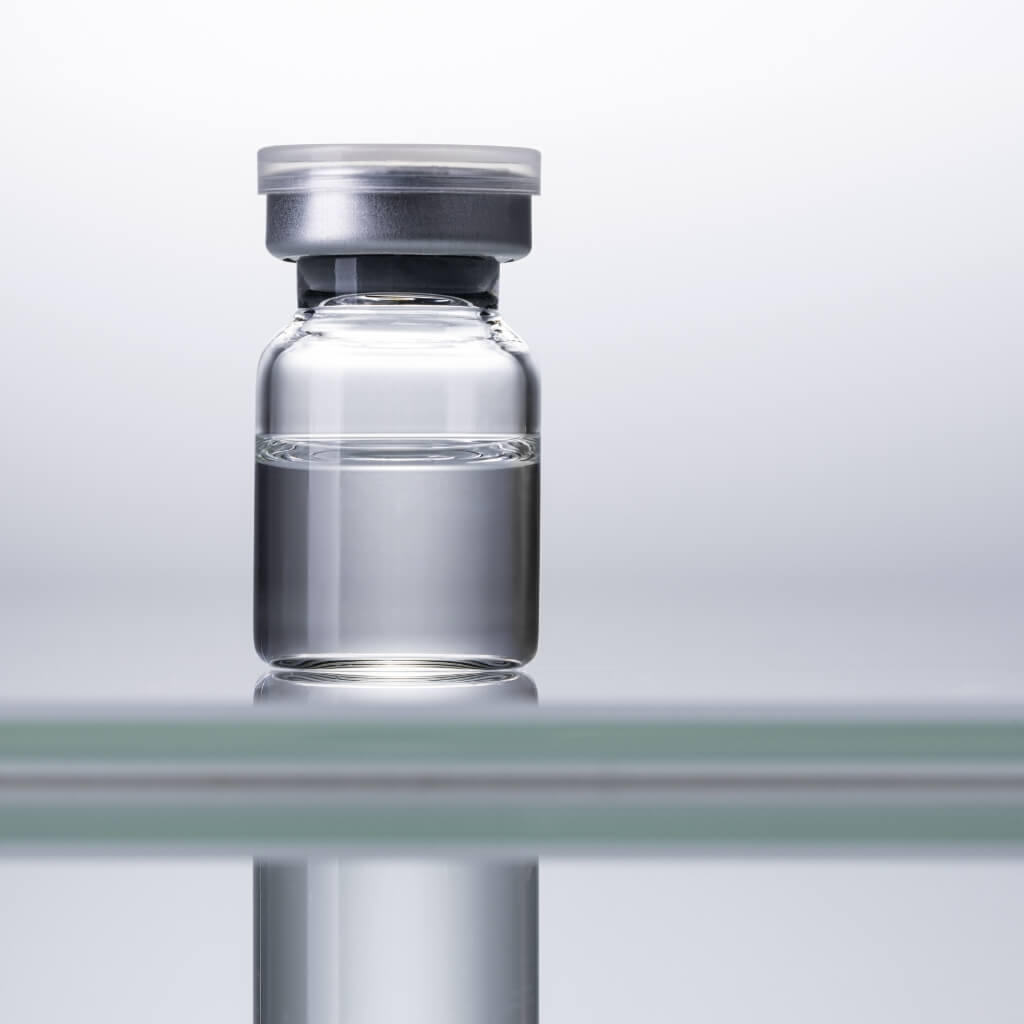Chimeric Antigen Receptor T Cell Therapy (CAR-T): Genetically programmed immune cell binds to and destroys cancer cell / Therapy is now available for the majority of indications
7. July 2022 • Knowledge intensive service
7. July 2022 • Knowledge intensive service
It has been three years since the first SMITH Congress took place in 2019. At that time, the SMITH Consortium – one of four consortia of the Medical Informatics Initiative of the Federal Ministry of Education and Research – showed perspectives that medical informatics can contribute to the future of digital medicine. The promise at the end of the event was a follow-up congress to present the results of the consortia’s work. On June 28 and 29, 2022, the time finally came. With a corona-related delay of one year, the 2nd SMITH Congress under the motto “New Solutions in Digital Health” took place as a face-to-face event at the dbb forum in Berlin. In the meantime, a lot has happened. Since 2018, SMITH has been working on linking research and healthcare purposefully. Seven Data Integration Centers have so far been sustainably established at the participating university medical sites. Three further network partners are preparing the infrastructural establishment. With the Digital Hub DISTANCE, which has been funded by the BMBF since 2021, testing of implementation in regional healthcare is beginning.
“The requirements are complex and the heterogeneity at the hospital sites is a challenge, but the house is up and must now be furnished,” said Prof. Dr. Markus Löffler, consortium leader of SMITH at the congress opening. The functionality of the Data Integration Centers, which was proven in an external audit by the BMBF, also shows success in the form of the clinical Use Cases ASIC and HELP. “With HELP, we were able to provide physicians at the five university medical sites in Aachen, Essen, Halle, Leipzig and Jena with diagnostic and therapeutic decision support for the targeted use of antibiotics in staphylococcal bloodstream infections” said Prof. Dr. André Scherag, head of the HELP Use Case and this year’s congress president. The Use Case ASIC is successfully executed at eight clinical sites and includes 15,000 patients so far. Using a mobile application, medical staff are supported in increasing the diagnosis rate of Acute Respiratory Distress Syndrome (ARDS) and reducing the occurrence of life-threatening complications. The training of appropriate professionals has also been considered. In the field of medical informatics education, SMITH was able to establish six new professorships, four junior research groups and three new degree programs, as well as a variety of continuing education programs.
As a representative of the Federal Ministry of Education and Research, Ministerial Director Prof. Dr. Veronika von Messling, Head of the Life Sciences Department praised the work done so far. “The Medical Informatics Initiative is doing pioneering work. It has begun to open up and share the data treasures for research for better patient care.” At the same time, she announced continued funding for the initiative. “We will start the Consolidation and Extension phase in January 2023,” Messling said. All four consortia, as well as the Data Integration Centers at all sites, will continue to receive funding over the next four years. However, the SMITH Congress 2022 did not only present what had been achieved. The event also provided a glimpse of future goals as well as national and European developments such as the European Health Data Space, for whose implementation the work of the Medical Informatics Initiative is essential. The heads of the Digital Hubs addressed regional healthcare and presented impressively how transfer of digital innovations can succeed. Against this background, the SMITH Congress 2022 showed how important the impulses of the Medical Informatics Initiative are for digital medicine. Over the course of two days, 150 participants discussed the potentials and challenges of sustainable networking between research and healthcare with renowned national and international experts.

cell-immune-gene-therapies
Small glas bottle which is normally used to store vaccine
Chimeric Antigen Receptor T Cell Therapy (CAR-T): Genetically programmed immune cell binds to and destroys cancer cell / Therapy is now available for the majority of indications

digital-health
Human who looks onto a recording of brainwaves on his tablet computer and moves the model with his fingers
The Smart Infrastructure Hub Leipzig will receive a further 1,9 million euros from the cluster funding of the Saxon Ministry of Economic Affairs.

cell-immune-gene-therapies
Small glas bottle which is normally used to store vaccine
A relatively small metropolis in Germany’s Free State of Saxony – a dynamic hub for the life science industry? What was just a vision 20 years ago has become a reality for the city of Leipzig, which from October 24-26 co-hosted BIO-Europe, Europe’s largest annual biotech partnering event.

services
Woman who looks at something through a microscope while another woman ist watching her
The European Commission has approved the Saxon ERDF/JTF program for the funding period 2021 to 2027.